‘The Bashir report shows the BBC needs a complete cleaning of the stables’
Your digest of analysis and commentary from the British and international press
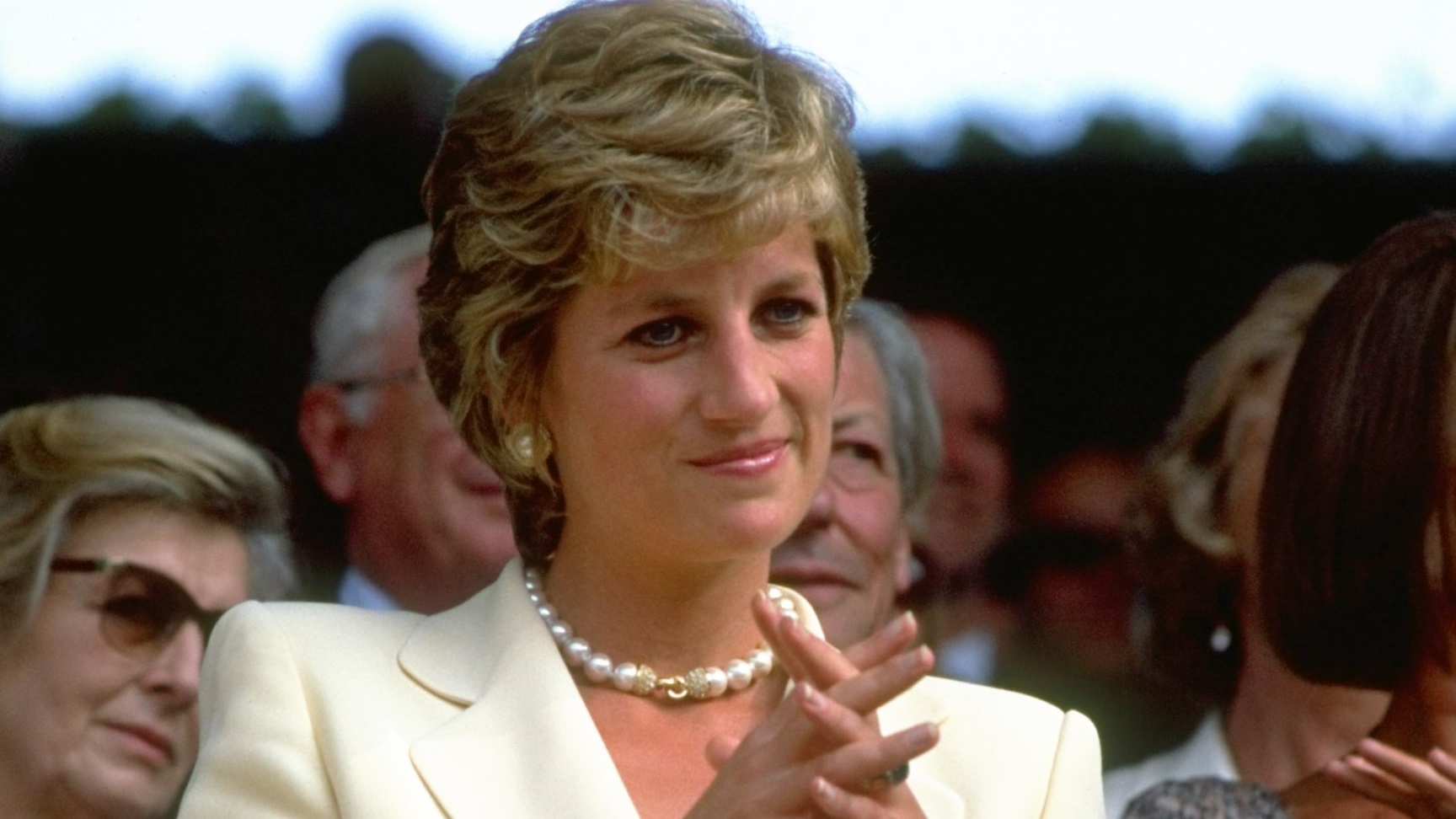
- 1. Can the BBC emerge unscathed from the Martin Bashir and Princess Diana crisis?
- 2. They won’t remind us, but the tabloids hurt Diana just as much as Panorama did
- 3. Tories’ lurch to the left looks unstoppable
- 4. Boris is fighting a lonely battle against his own officials to reopen Britain
- 5. Eurovision is sticking to its values in an increasingly illiberal world
A free daily email with the biggest news stories of the day – and the best features from TheWeek.com
You are now subscribed
Your newsletter sign-up was successful
1. Can the BBC emerge unscathed from the Martin Bashir and Princess Diana crisis?
Roger Mosey in the New Statesman
on damage control
“The BBC has been prone to crises throughout its history, and it has the ability to survive them and even emerge stronger,” writes Roger Mosey, a former editorial director of the BBC, in the New Statesman. “But it is now facing one of its greatest ever tests after the coruscating findings of the Dyson report into its Panorama interview with Princess Diana in 1995.” “This story is first and foremost about a vulnerable young woman and how she was misled,” Mosey says, and “every journalist… should be shattered by the evidence”. “There is no doubt that the extraordinarily bad behaviour of one man – Martin Bashir – caused this tragedy”. However, “the editorial processes failed too, and accountability was non-existent”. The crisis has produced “an urgent need for openness, and for a complete cleaning of the stables”, Mosey adds. “Otherwise, this is one crisis from which it has zero chance of emerging unscathed.”
The Week
Escape your echo chamber. Get the facts behind the news, plus analysis from multiple perspectives.

Sign up for The Week's Free Newsletters
From our morning news briefing to a weekly Good News Newsletter, get the best of The Week delivered directly to your inbox.
From our morning news briefing to a weekly Good News Newsletter, get the best of The Week delivered directly to your inbox.
2. They won’t remind us, but the tabloids hurt Diana just as much as Panorama did
Marina Hyde in The Guardian
on red-top royalty
“The conclusions of the Dyson report are a shameful stain on the BBC, deeply compounded by coming 26 years after the offence, by way of cover-up and whitewash,” writes Marina Hyde in The Guardian. But “I think we can live without today’s preposterous moralising from much of Fleet Street, who know very well the terrible things they and others did on countless occasions to get stories relating to Diana or her wider family”. However, as Hyde continues, “we will spend the next few days hearing of the BBC’s shame from some of the most shameless hypocrites in human history”, and while “the tabloids may not like Prince Harry’s reincarnation as a super-rich Californian wellness bore… it does have the moral edge over pulling people’s medical records and hacking the phones of murdered 13-year-old girls”. “Few have rewritten their own history more than Fleet Street’s Diana-watchers,” she adds. “Twenty-four years later, a full-spectrum failure to acknowledge any of this means many of these same people now sit and venerate Diana in the course of slagging off her troubled son, Prince Harry.”
A free daily email with the biggest news stories of the day – and the best features from TheWeek.com
3. Tories’ lurch to the left looks unstoppable
James Forsyth in The Times
on shifting priorities
“Boris Johnson’s view of economic growth is quite state-centric,” writes James Forsyth in The Times. “He is a big believer in the value of infrastructure projects and thinks that increases in state spending on research – it is at its highest level for nearly 40 years – will help make the UK a ‘science superpower’ and drive economic growth.” “Britain is not alone in this shift to a bigger state”, with “demographics and cultural trends pushing other countries the same way”. Plus, as Forsyth adds, “Johnson faces no serious challenge from his backbenchers: most small-state Tories are still sated by their victories on Brexit”. The Brexiteer Tories “may have routed Michael Heseltine and his fellow One Nation Tories on the European question”, Forsyth says. But the result is “adopting a far more Heseltinian approach, complete with his famous willingness to intervene before breakfast, lunch, tea and dinner, in the economy”.
4. Boris is fighting a lonely battle against his own officials to reopen Britain
Fraser Nelson in The Telegraph
on optimistic instincts
“The Prime Minister badly wants to reopen and capitalise on the vaccine success, but it’s a lonely business,” writes Fraser Nelson in The Telegraph. “He’s surrounded by officials who are wary of his optimism and usually find ways to contain it.” Each time a new variant is found “a range of possibilities is laid out by Sage and others”, but “magically, the scariest figure always seems to leak to the press”. Meanwhile, “scientific advisers pop up on television to urge caution” and “then in cabinet committee, someone – usually [Michael] Gove – makes the case for tighter restrictions”. “Politically, it’s hard for other ministers to challenge,” Nelson says. “Who wants to go on record arguing for relaxation”? “The Prime Minister spent most of last year trying to fight his predisposition to see the sunny side.” But after a successful vaccine rollout, “it is, perhaps, time for him to trust – and act upon – his optimistic instincts”.
5. Eurovision is sticking to its values in an increasingly illiberal world
Chris West in The Independent
on celebrating freedom
“As Conchita Wurst stepped up to accept the cut-glass microphone that is the Eurovision Song Contest winner’s trophy, it seemed fantastically apt,” writes Chris West in The Independent. But “that was in 2014” and “the world seems very different now”. Since Wurst’s winning performance, “the US may have seen off Donald Trump (for the moment), but nationalist anti-liberals have risen to power all around the globe”. But “Eurovision has not changed, of course”. Eurovision organisers have banned the entry from Belarus this year over concerns that its lyrics backed President Alexander Lukashenko’s suppression of protests. “In a world where, unlike in 2014, liberal views face uncompromising opposition in many places” the Eurovision Song Contest “has chosen to stick to its core values”, says West. “Good for it.”
-
 Local elections 2026: where are they and who is expected to win?
Local elections 2026: where are they and who is expected to win?The Explainer Labour is braced for heavy losses and U-turn on postponing some council elections hasn’t helped the party’s prospects
-
 6 of the world’s most accessible destinations
6 of the world’s most accessible destinationsThe Week Recommends Experience all of Berlin, Singapore and Sydney
-
 How the FCC’s ‘equal time’ rule works
How the FCC’s ‘equal time’ rule worksIn the Spotlight The law is at the heart of the Colbert-CBS conflict
-
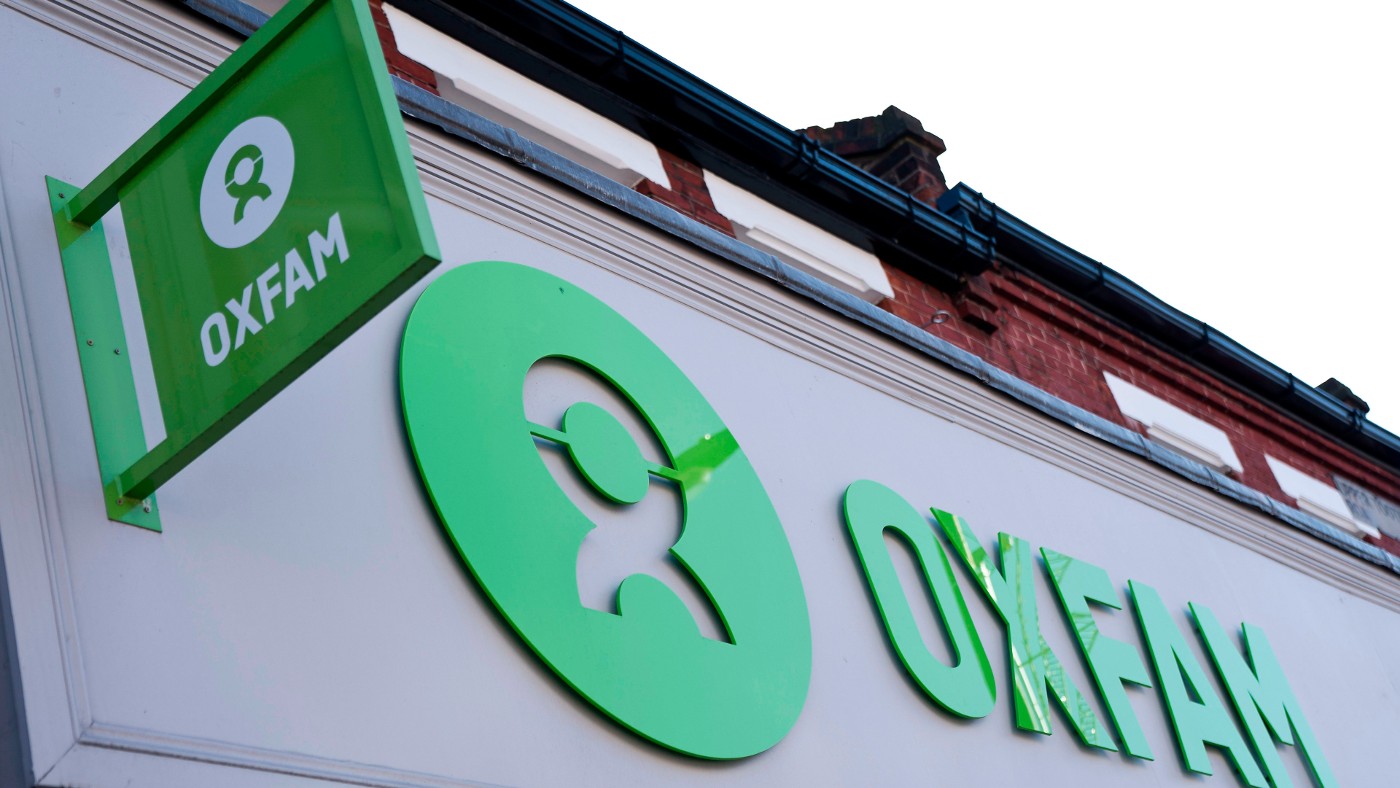 Charity shop painting sells for £25,000
Charity shop painting sells for £25,000Tall Tales And other stories from the stranger side of life
-
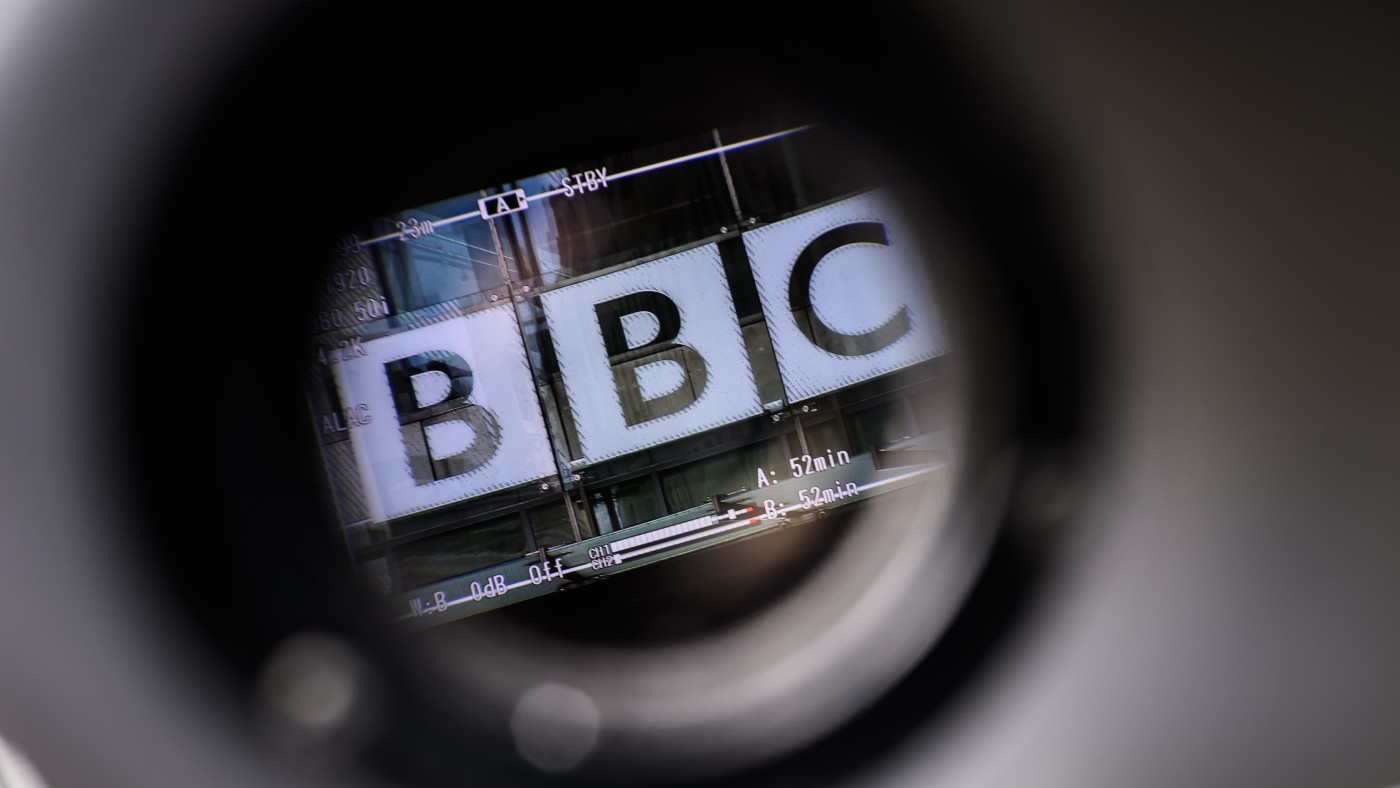 BBC pauses probe into presenter ‘sex scandal’ as police take over
BBC pauses probe into presenter ‘sex scandal’ as police take overSpeed Read Met Police weighing up whether to launch criminal investigation as Rishi Sunak calls claims ‘shocking and concerning’
-
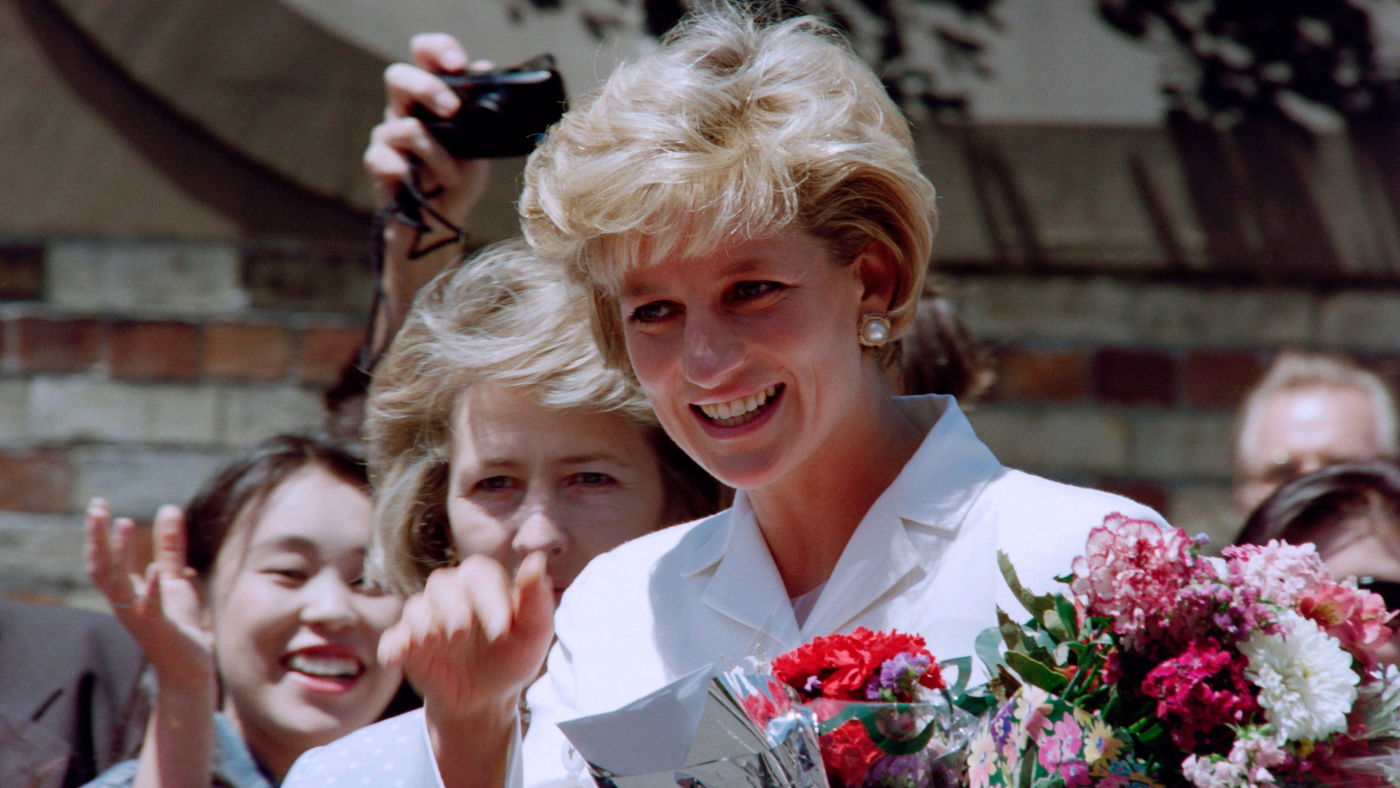 Saucy greeting cards sent by Diana sold at auction
Saucy greeting cards sent by Diana sold at auctionfeature And other stories from the stranger side of life
-
 Sex toy ad joking about Prince Harry is banned
Sex toy ad joking about Prince Harry is bannedfeature And other stories from the stranger side of life
-
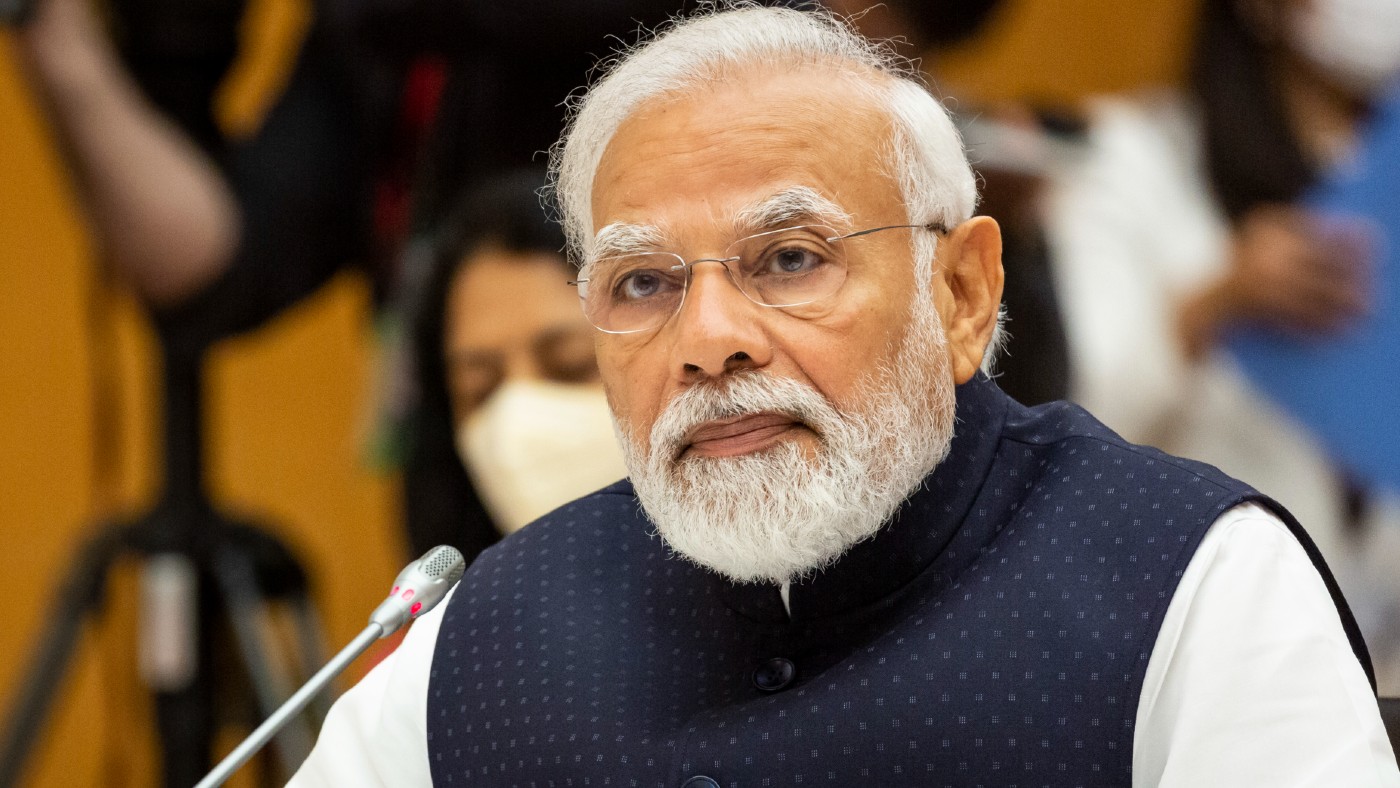 Muzzling the BBC: what does Indian PM Narendra Modi have to hide?
Muzzling the BBC: what does Indian PM Narendra Modi have to hide?Under the Radar The Delhi government has blocked the airing of a documentary on Modi’s role in the 2002 Gujarat riots
-
 What Harry & Meghan reveals about the Duchess of Sussex’s reputation within the royal family
What Harry & Meghan reveals about the Duchess of Sussex’s reputation within the royal familyfeature New Netflix documentary shines a light on the British monarchy’s relationship with the patriarchy and whiteness
-
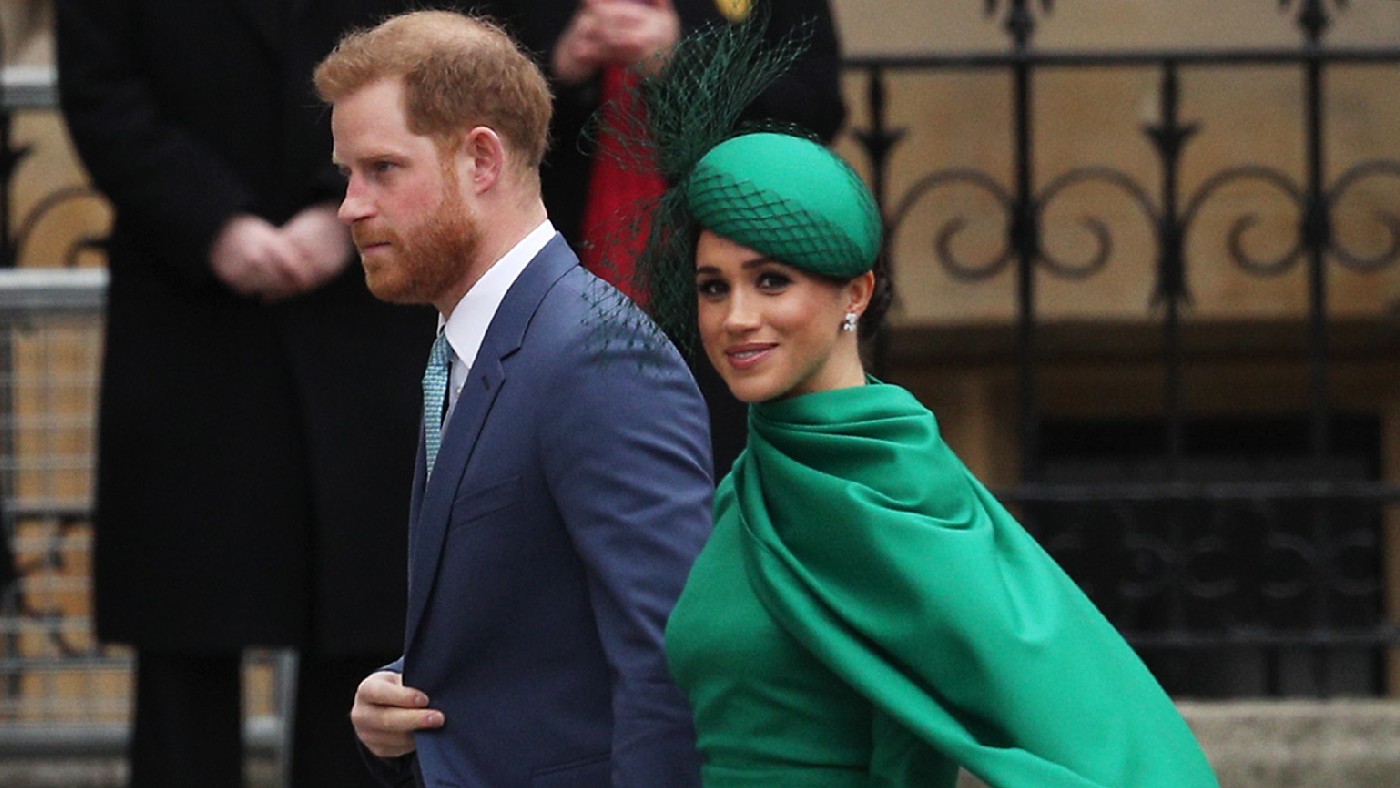 Harry & Meghan: a right royal case of sabotage?
Harry & Meghan: a right royal case of sabotage?Talking Point The timing of the Duke and Duchess of Sussex’s new Netflix documentary trailer has been widely criticised
-
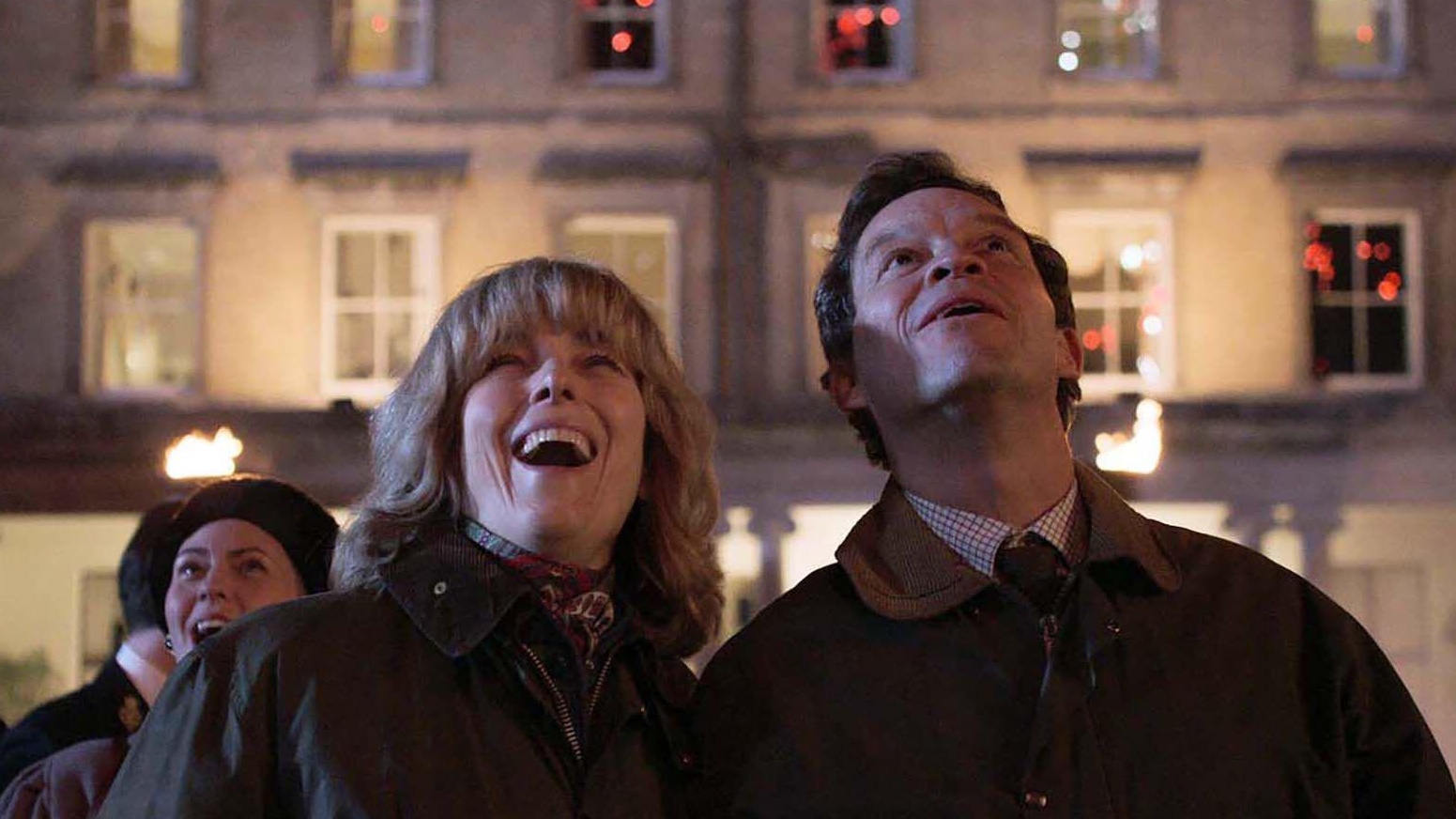 The Crown: what was the real-life ‘Tampongate’ scandal?
The Crown: what was the real-life ‘Tampongate’ scandal?Under the Radar One of the Royal Family’s most cringeworthy moments is depicted in season five of the hit Netflix series